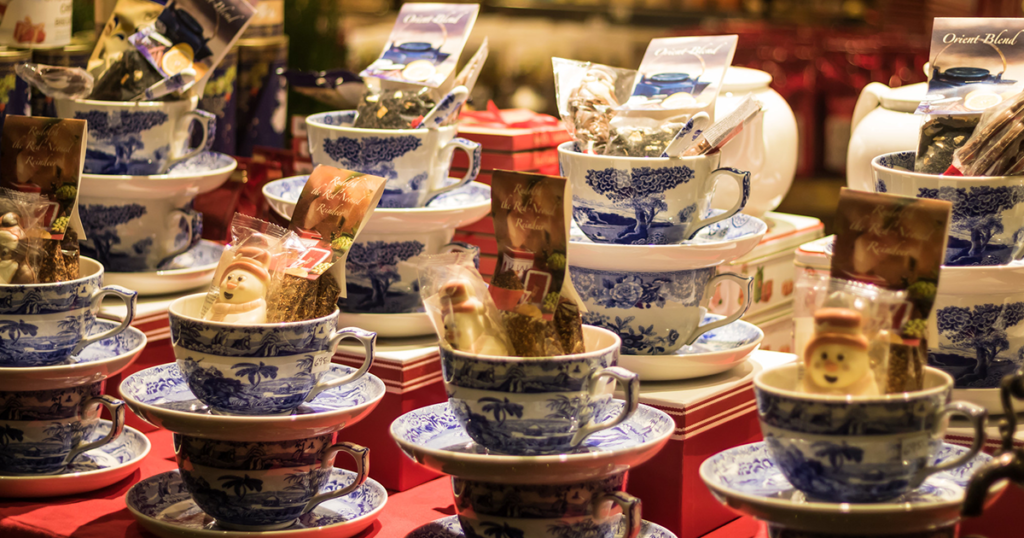
The countrywide confinement in Spain starting in March saved many thousands of lives, it’s been estimated, and yet in May and June when citizens began emerging from their dens, grumpy and awed and blinded by the light, heard above the enthusiasm for restored freedom were the complaints about excessive measures—with the confinement itself but especially during the return to normal. People wanted to burst forth, not emerge step by step, hobbled by both old coronavirus rules and some new ones. They wanted their sacrifice in controlling the spread to be over. They wanted full recovery from this blight.
Gradually people quit expecting a return to normal. Instead, survival was the goal. Some businesses that had shut down in March never re-opened, and others that did died a slower death over the summer. What about the businesses that survived into the fall? Were they out of the woods? The pharmacist I talked to said business at her shop was booming. Customers had lined up outside all through the spring confinement, waiting to be admitted into the shop, where three people were allowed at a time, one for each attendant. And they continued to come. Virus or no virus, people have to take care of themselves, cuidarse.
I asked my hairdresser the following day. She told me that yes, they were holding on, though it wasn’t business as usual. Even in the summer, with people going out more than now, in the early fall, business had been slack because of fewer weddings, baptisms, and festivals. Her business was getting by on the regular periodic visits. Like mine, I thought, vowing to keep my hair a bit neater in the future.
At a very small—hardly more than a door in the wall—specialty tea and coffee shop where I stopped, looking for a half-liter cup to replace the one I had broken, the man behind the counter told me that sales this fall were comparable to last fall’s as far as drop-ins off the street. The store also supplies coffee to bars and restaurants, and that side of the business had suffered due to fewer customers in those establishments. However, the company had two other, larger shops in Gijón, where besides coffee they sold gourmet food. Ah, I said, in involuntary appreciation, partly at the thought of delicious delicacies and partly for the man himself, so helpful he’d been, so pleasant, so eager and solicitous, turning circles in his tiny shop, wondering where a cup such as what I wanted might be hiding and disappointed that he had none to offer me.
When he mentioned gourmet food, my eye jumped back to the shelf where a moment earlier I had been contemplating the neatly lined up packages of moscovitas from the Rialto, a renowned pastry shop in the capital city, Oviedo. The tea and coffee shop was so small, and the man so sorry that he had no cup to satisfy me, that I had been considering buying a small bag of the chocolate-and-almond wafers in compensation, as if my purchase could bolster his operation. I wanted to do my part.
He noticed where my eye had gone. Yes, he said, sweets like those, looking at the cookies. But also ham and cheese and gourmet crackers, some tinned specialties. He considered a moment. Sales at those stores were at the very least equal to last year’s. People, he continued, need an occasional mimín, a special treat, they need to mimarse, to pamper themselves, now and then. That’s important in these hard times, he said, and I agreed. His eyes were kind. How much, I asked, for the smallest package of moscovitas?
The price was preposterous for five ounces of chocolate, nut, and oil, but I bought them anyway—not for him, since he didn’t need the help after all, but for myself, because the times require it. With new restrictions on movement since late October, no end in sight, Christmas around the bend, I might have to go back.

